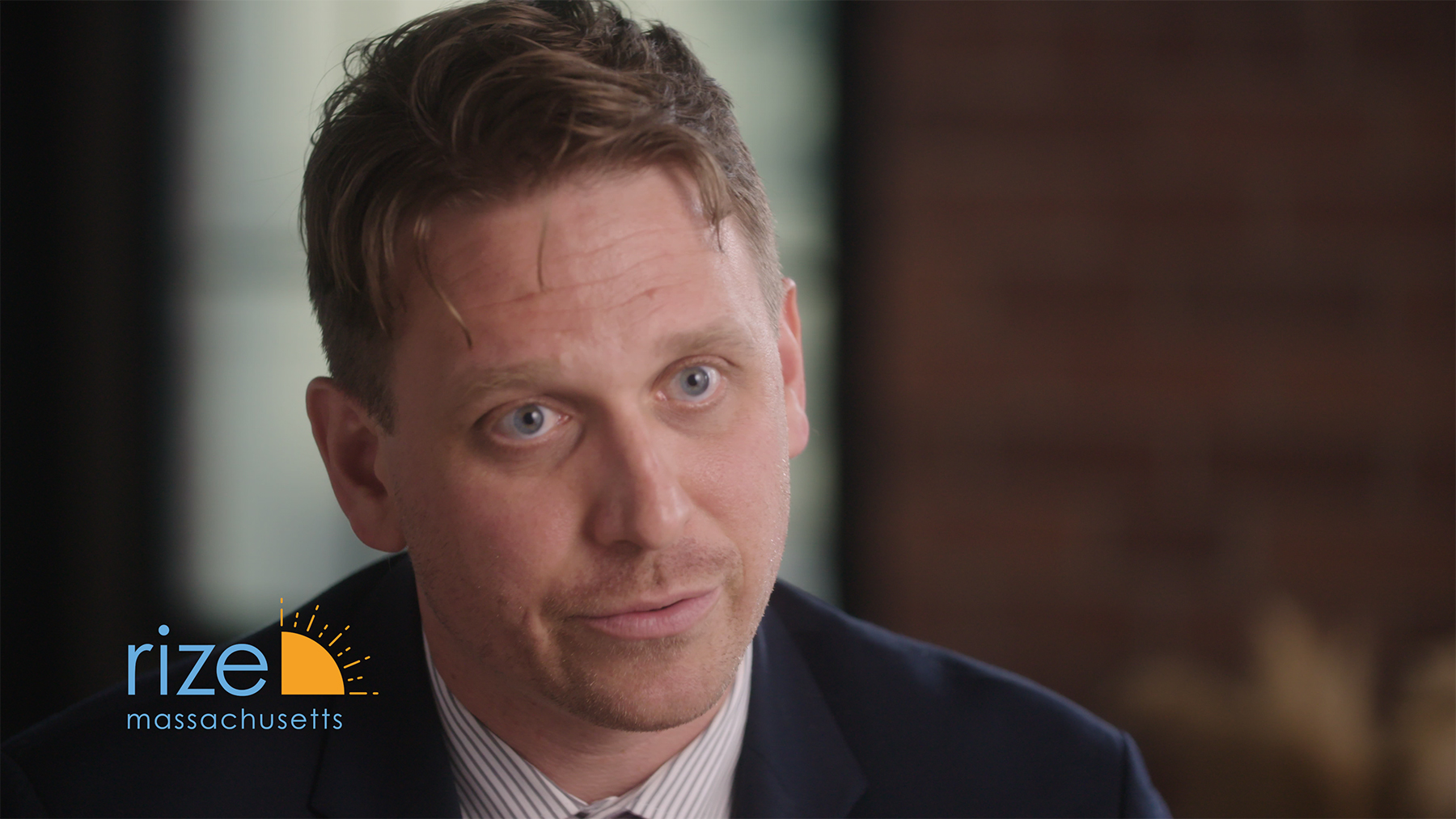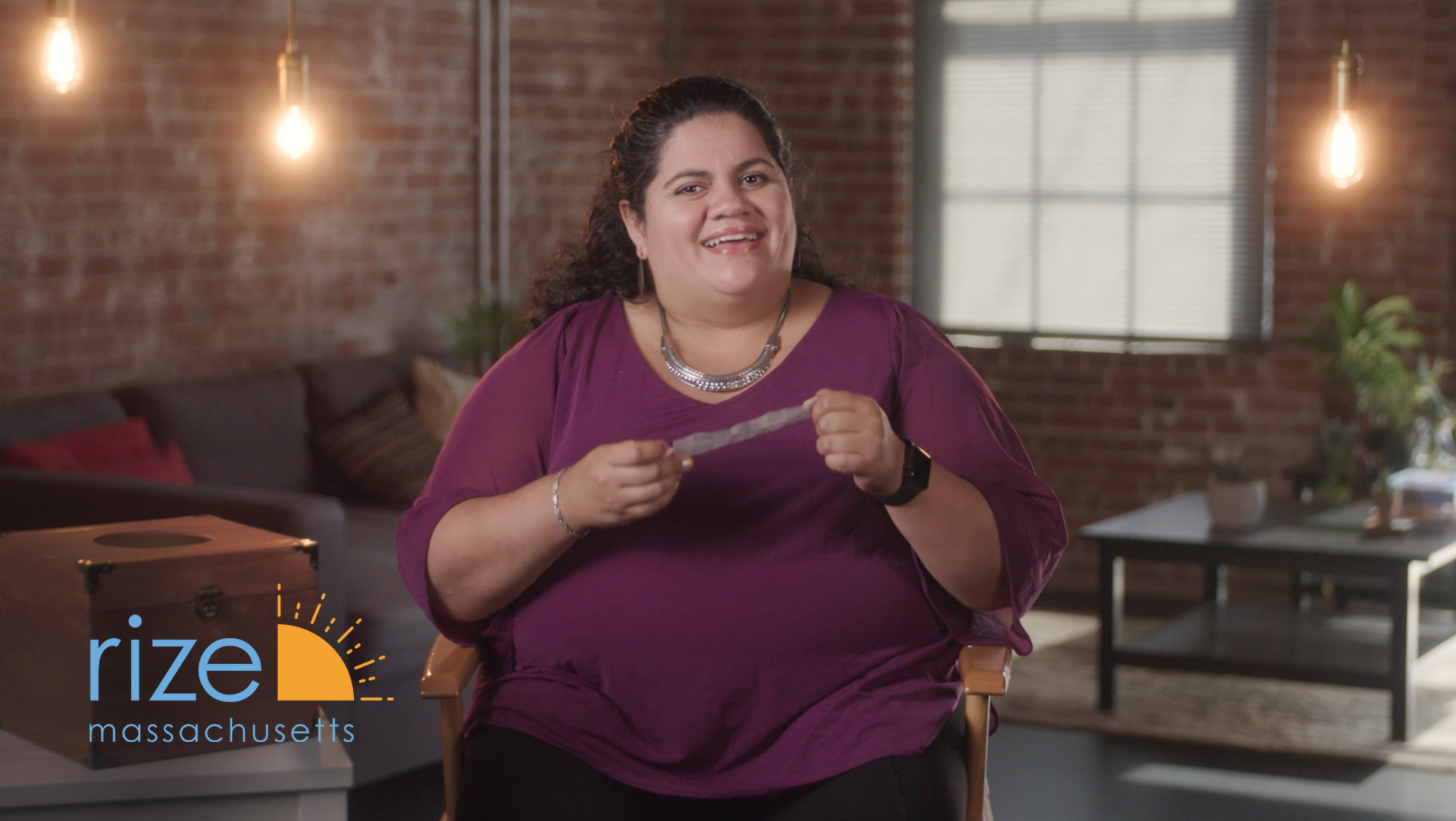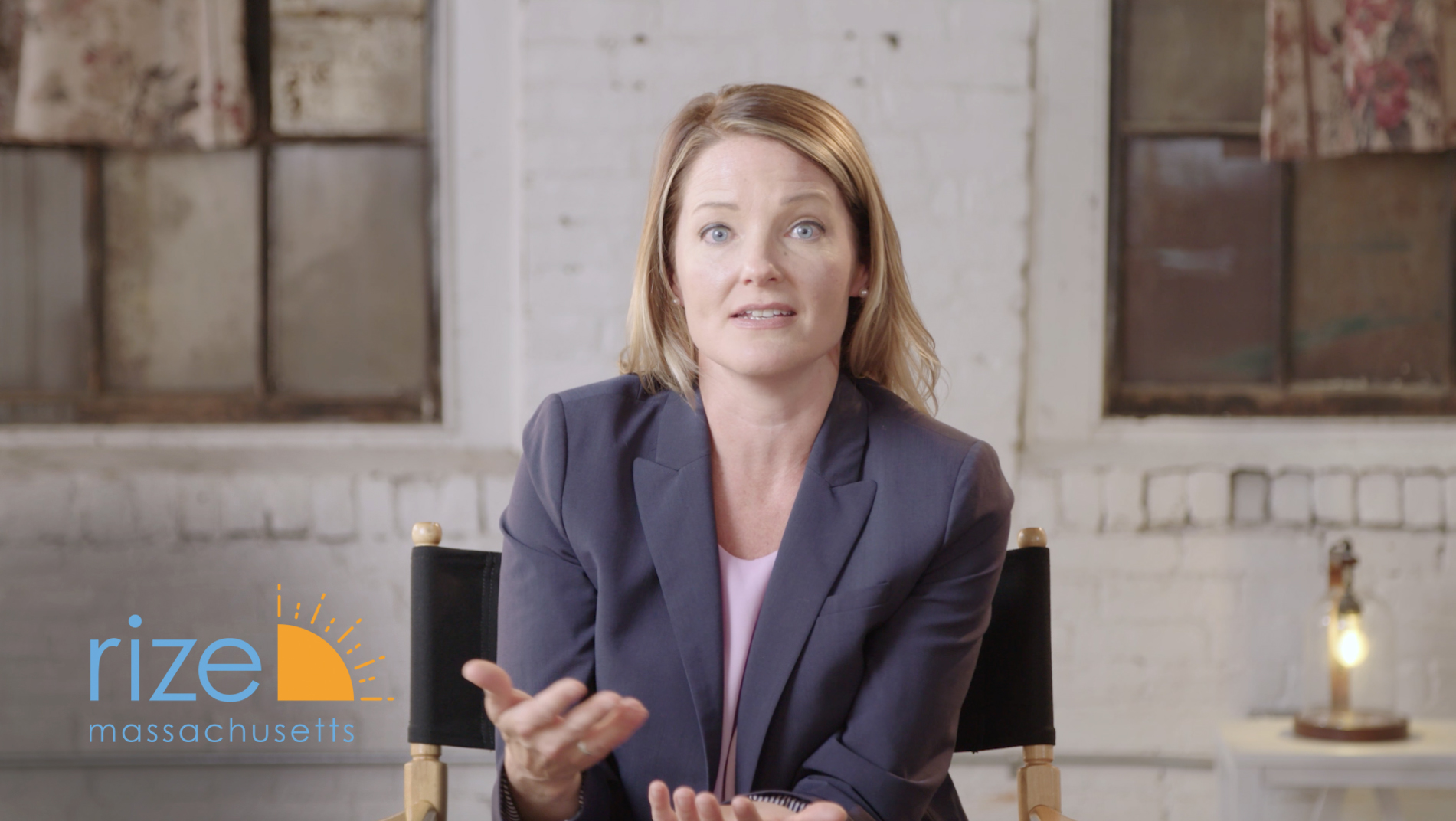Together in Recovery Video Resources
10 Common Myths About OUD
Misinformation and stigma prevent people with addiction from getting the care they need and create barriers to accessing effective treatment. We asked members of the TiR Change Team — all experts and people with lived experience — to bust common myths about opioid use disorder like “addiction is a choice” and “harm reduction interventions are enabling.” Decisions about treatment should be based on preference and informed by evidence.
.
Other Myths About OUD
Why Person-Centered Care is So Important
According to the Institute of Medicine, person-centered care (PCC) is treatment or recovery planning and decision making that is respectful of and responsive to an individual’s unique circumstances, preferences, needs, and values. PCC goes beyond traditional treatment to include issues such as physical health, relationships, employment, education, spirituality, housing, recreation, and community. Members of the TiR Change Team talk about why it’s important, according to them.
FAQs About OUD
The opioid overdose crisis has reached epidemic levels in Massachusetts and we hear a great deal about it, often negative, in the news. Misinformation and myths are everywhere, making it difficult to understand the disease and find effective treatment. A good place to start is with the facts.



